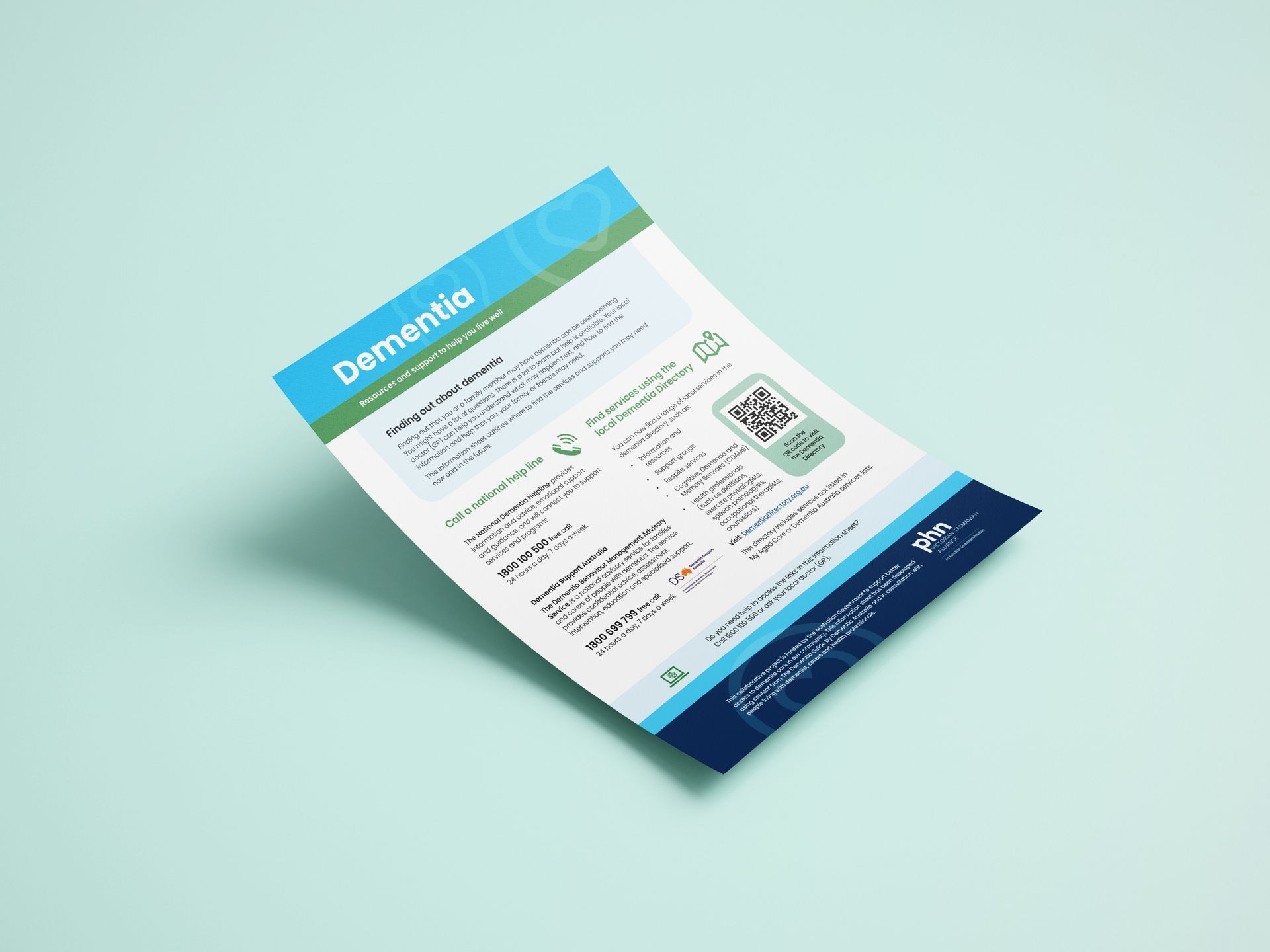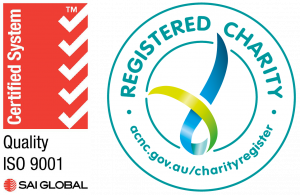New help for people with dementia - and those who love them
Picture:
Shutterstock.
There is a well-known saying about how it takes a village to raise a child.
We could suggest that it also takes a village to properly care for people affected by dementia, but while everyone is happy to talk about looking after the young, the realities of taking care of older people are all too often spoken of, if at all, in a whisper.
Dementia is a progressively devastating condition that affects more than 400,000 Australians. Latest figures from the Australian Institute of Health and Welfare reveal that it is the leading cause of death for women and the second leading cause for men (after heart disease).
As the condition develops, people with dementia need many different types of care and support to ensure that their lives continue to be comfortable and dignified.
These are acts of love – of course they are …
Only about one-third of people with the condition are looked after in an aged care facility, or by professional carers in their own home. The remainder rely almost totally on the support and help of family members and friends.
These are acts of love – of course they are – but they can also be exhausting, frustrating and saddening, extracting a huge toll on the carers as well as the cared.
Help, for people with dementia and those who love them, is available in many different forms. These range from treatment and testing strategies led by GPs and specialists, through to activity sessions and respite care offered by community and peer-support organisations.
In 2022-23 NWMPHN initiated a major revamp of its dementia resources, for service providers and local residents.
The suite of dementia diagnosis and treatment resources on HealthPathways Melbourne was systematically reviewed. Existing pages were updated, where required, and new ones added.
We worked with colleagues at Eastern Melbourne PHN …
To back this up, new dementia training sessions were held. The sessions were designed, developed and facilitated by GPs for GPs, GP registrars, practice nurses, nurse practitioners and other health professionals in the primary care setting.
Community and sector feedback indicated that dementia assistance resources contained on the websites for NDIS and My Aged Care were useful, but lacked local focus. Responding to this we worked with colleagues at Eastern Melbourne PHN to produce Victoria’s first Dementia Directory – a collection of organisations offering support for patients and carers, organised by suburb.
The directory is promoted by an information sheet, available from general practices, support groups and the NWMPHN website. It is
available in Italian, Greek, Vietnamese and Simplified Chinese.

Pictured: Our dementia resources are available in 5 languages.
The directory can be found at dementiadirectory.org.au
And more resources and information can be found on Precious Time, our website dedicated to people with life-limiting conditions, their families, friends, and carers. You can find it at precioustime.org.au
Because, indeed, it takes a village to care for people with dementia – and now it’s just a bit easier to find some of those villagers.
Our STORIES
Next story:
Understanding need: the West Metro Health Service Partnership Population Health Needs Assessment
Keep up to date with the latest news and publications, funding opportunities, careers and upcoming events at NWMPHN.

